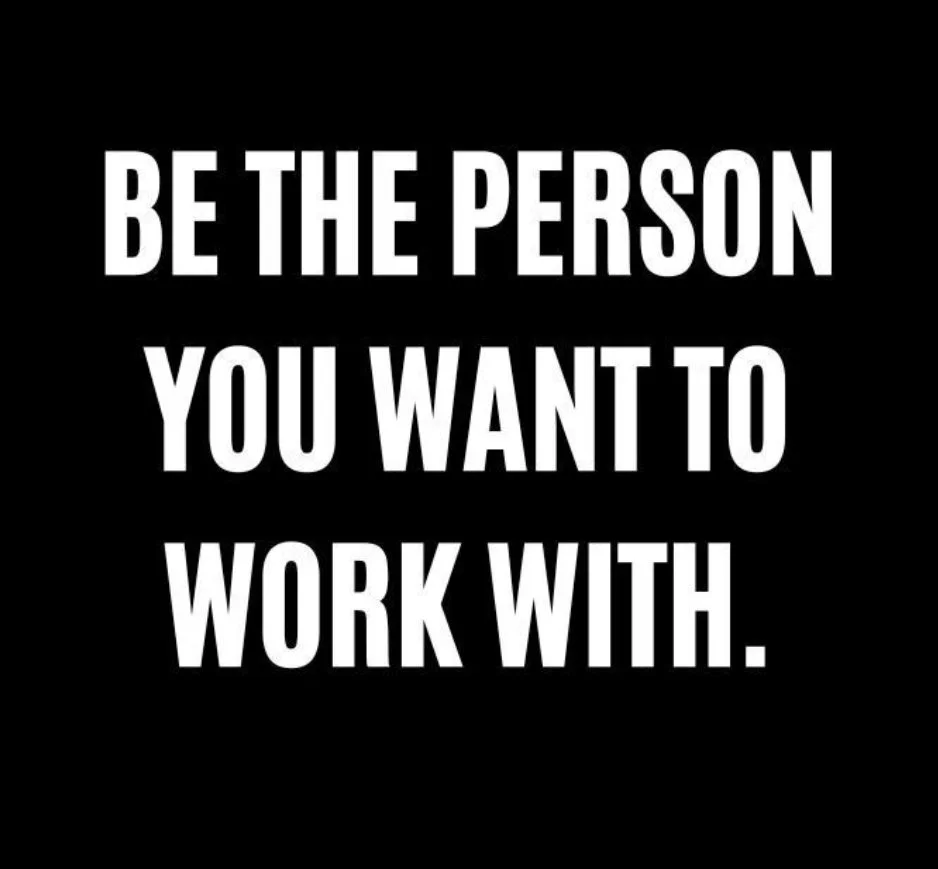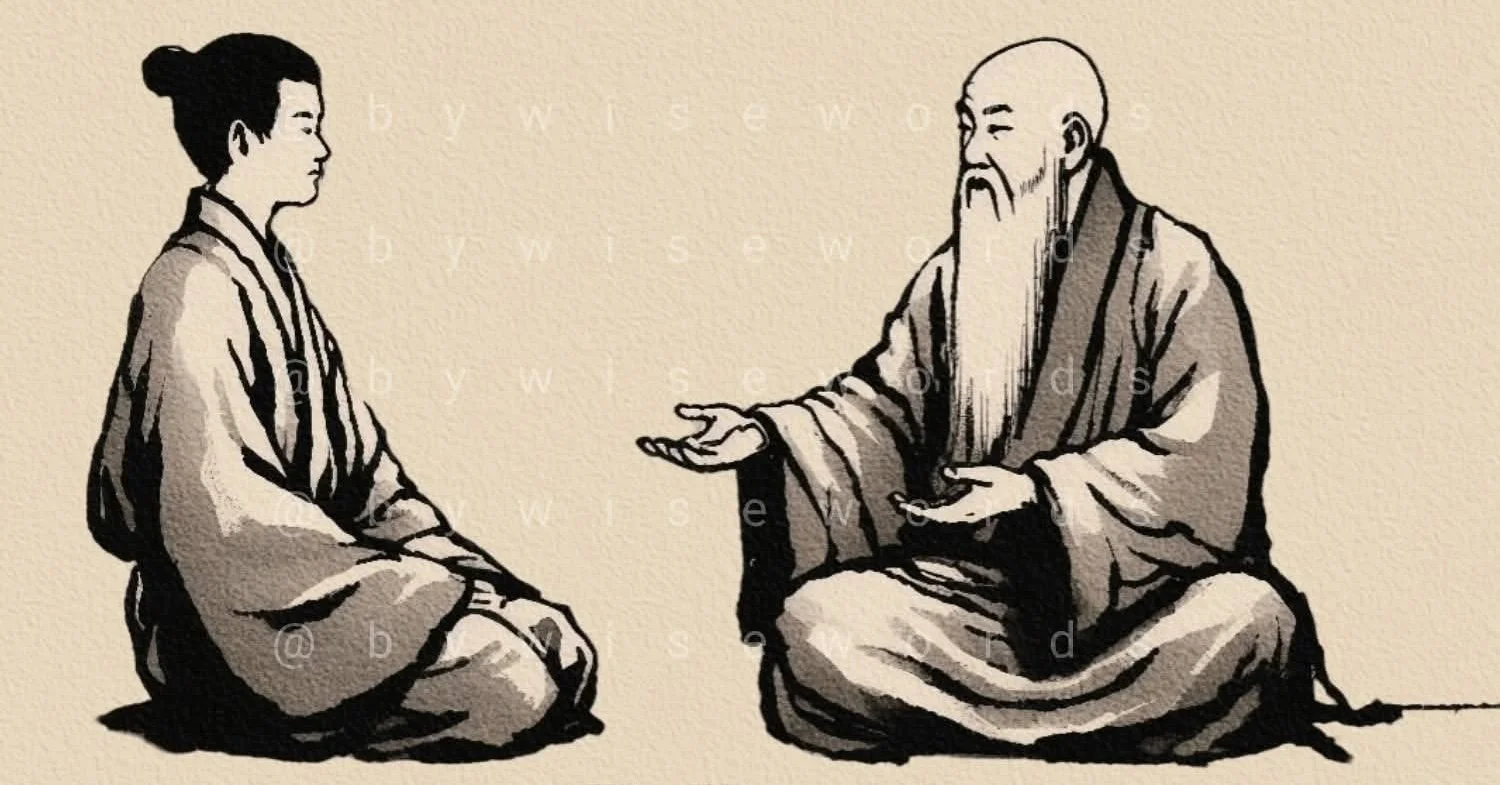Kwanzaa is a non-religious, non-commercial holiday created in 1966 by Dr. Maulana Karenga. Observed annually from 26th December to 1st January, it celebrates African heritage, unity, and cultural identity.
Kwanzaa spans seven days, each dedicated to one of the Nguzo Saba, or seven core principles:
1. Umoja (Unity):
Building and maintaining unity within the family, community, and nation.
2. Kujichagulia (Self-Determination):
Defining, naming, and speaking for ourselves.
3. Ujima (Collective Work and Responsibility):
Working together to build community and address shared challenges.
4. Ujamaa (Cooperative Economics):
Supporting and benefiting collectively from community-owned businesses.
5. Nia (Purpose):
Committing to the development and restoration of the community.
6. Kuumba (Creativity):
Using creativity to leave the community stronger and more beautiful than before.
7. Imani (Faith):
Believing in our people, leaders, and the justice of our collective struggle.





















